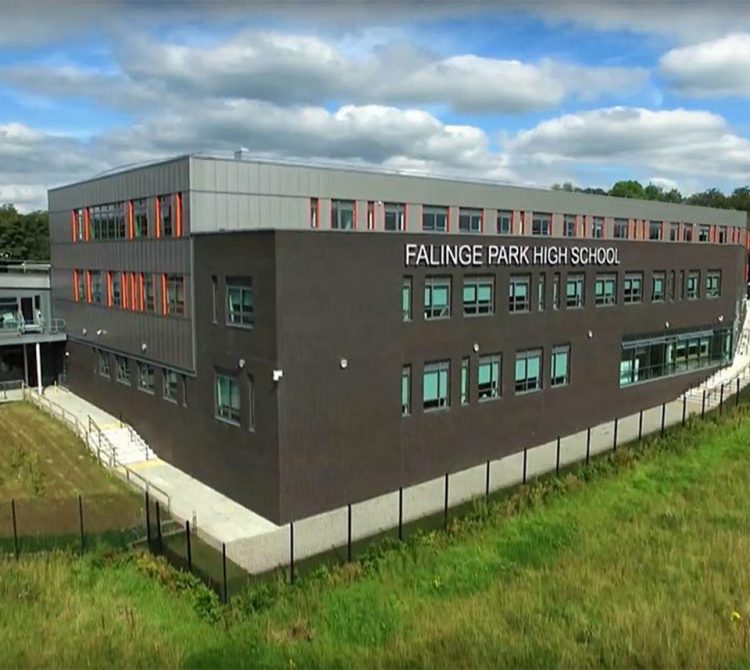
“When you ask how do you get some of these hard-to-reach pupils to engage – well actually they are probably already engaging with youth workers, or youth justice, anyway, so let’s think smart and let’s reach out to these agencies and work with them as trusted partners.”
It has not been possible for any school to maintain life as normal during the pandemic, but when Falinge Park was closed to most children, Janice and her team considered what their priorities were during lockdown, and those areas have been protected. “We’ve looked at our values and we’ve decided what did we not want to lose during this time,” she said. “The things that were really important to us were about communication, about community; we’ve kept that at the forefront during coronavirus and it will be there when we come back.”
Human rights at Falinge Park
Some children may be struggling with home-learning but one part of the curriculum that has kept students and staff at Falinge Park connected during lockdown has been its work on human rights.
“One thing we have maintained is our work with the Robert F Kennedy Human Rights foundation,” says Janice Allen.
“For the past 18 months, since we had our issues within school, we’ve been working with the foundation to deliver a human rights programme
“Officially it’s called the Speak Truth to Power programme, but we call it Ripples of Hope. What it has enabled us to do is for us to increase empathy within the children. We begin on a global level and then bring it down to a personal level to show that they have rights too, but they’ve also got responsibilities. It’s a really interesting approach and it’s a great programme.
“During the time we’ve been absent, we’ve still been teaching our Ripples of Hope programme and encouraging children and families to get involved in things like environmental challenges. That’s given us a hook to be able to keep the children connected and to ensure that we are not targeting individual groups. Everyone can get involved in this and they all do.
“So, even when children come back who may have struggled with learning maths and English, they will still have been involved in projects like this - and we can use their success in this area to help them bounce back into some of the academic learning they've missed."

